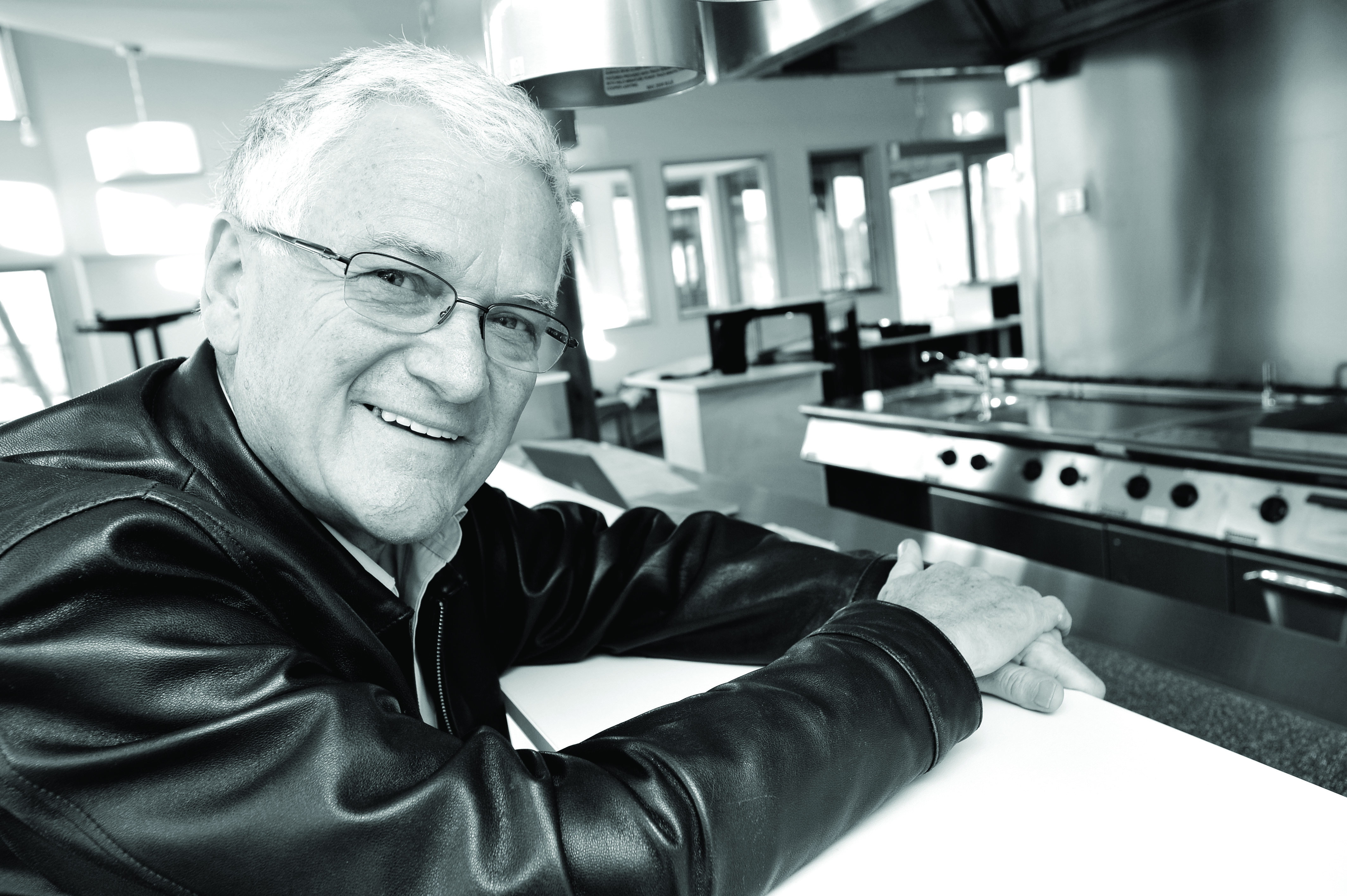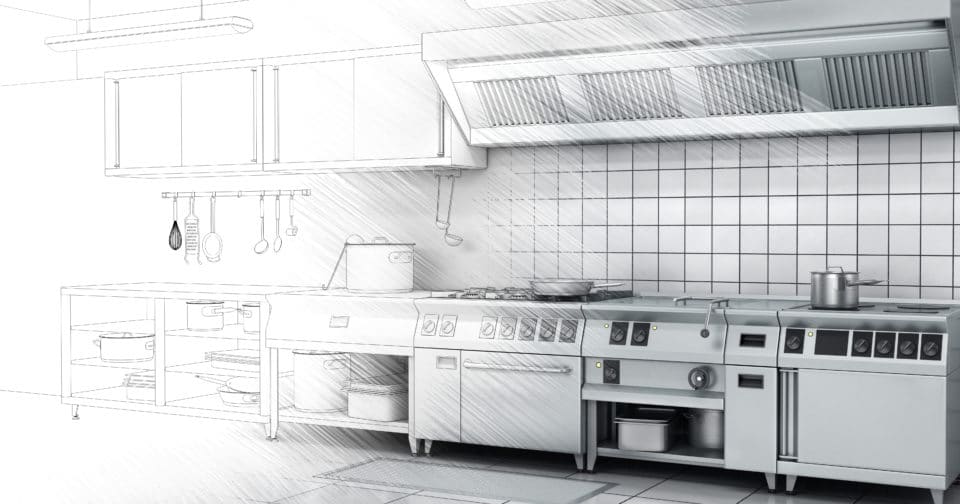
There are going to be some of the changes that our hospitality clients have made that will survive the end of the crisis and some of these will become part of their ‘new normal’. No longer will designers be able to get away with those routine solutions to their clients design and management needs that have been tested and found to work in the past.
The challenge will be for designers to accept the need to reframe the questions to better identify the problems that the disruption has raised and to enable the flexibility to adapt to a new future.
Good design has the power to transform a problem into an innovative solution. We have seen innovative businesses quickly adapt their processes to manage the change but at the same time are told that in some places up to a third of foodservice businesses will close for ever.
Those that have quickly adapted have now settled down to an effective business maintenance model that will enable them to survive through the shutdown. They had sufficient flexibility in their operation and facilities and thinking to enable them to adjust their processes and offering.
Profitability through innovation
In the new normal there will be fewer clients developing new facilities and businesses and those that remain in the market will have significantly lower levels of leverage than has been the old normal. They will now expect their consultants and advisers to help them achieve returns in the old fashioned way with real productivity gains and profitability developed through innovation and to protect their risk through flexibility and sustainability.
The closures and cancellation of new projects that will flow form this disruption will not only have an impact on the growth of the actual number of foodservice businesses but will impact on the whole supply chain that services the development of new projects from the consultants and designers to the contractors and equipment manufacturers and suppliers. And for those projects that do proceed will be re-looking at the business model that supported the plan and be asking for a response to the lessons learned from the shutdown.
What we learn from all this will become the new normal. No longer will hospitality businesses and those that support and supply them be able to look to the past as a guide to planning for the future.
Impact on delivery
One of the most significant impacts of the shutdown has been the disruption of the supply chain that provide the facilities and equipment for our projects. In the existing global supply chain it’s not only the last mile from the contractor to the project but from component suppliers to the manufacturer and then to the dealer; all have an impact on the final delivery of projects.
In the new normal, these rigid links will have to be broken to allow for the flexibility needed to overcome the disruption caused by unexpected events. To reduce risk and increase resiliency one option will be inevitable is for equipment manufacturers and suppliers to introduce global supply chains that are executed locally by using local suppliers to produce products locally that are designed globally.
These will either be outposts of the originating company or contracted partners in their global chain. The days of being able to absolutely rely on a global just in time supply chain are over.
Post crisis, preparing an organisation to succeed in the new normal will require a focus on what has changed and what remains basically the same for their customers and their companies.
For those designers and businesses who have demonstrated their ability to look beyond the obvious and see the potential, the next few years may yet prove to be especially fruitful because the new environment, although different, will be no less rich in possibilities for those who are prepared.
Tim Smallwood




